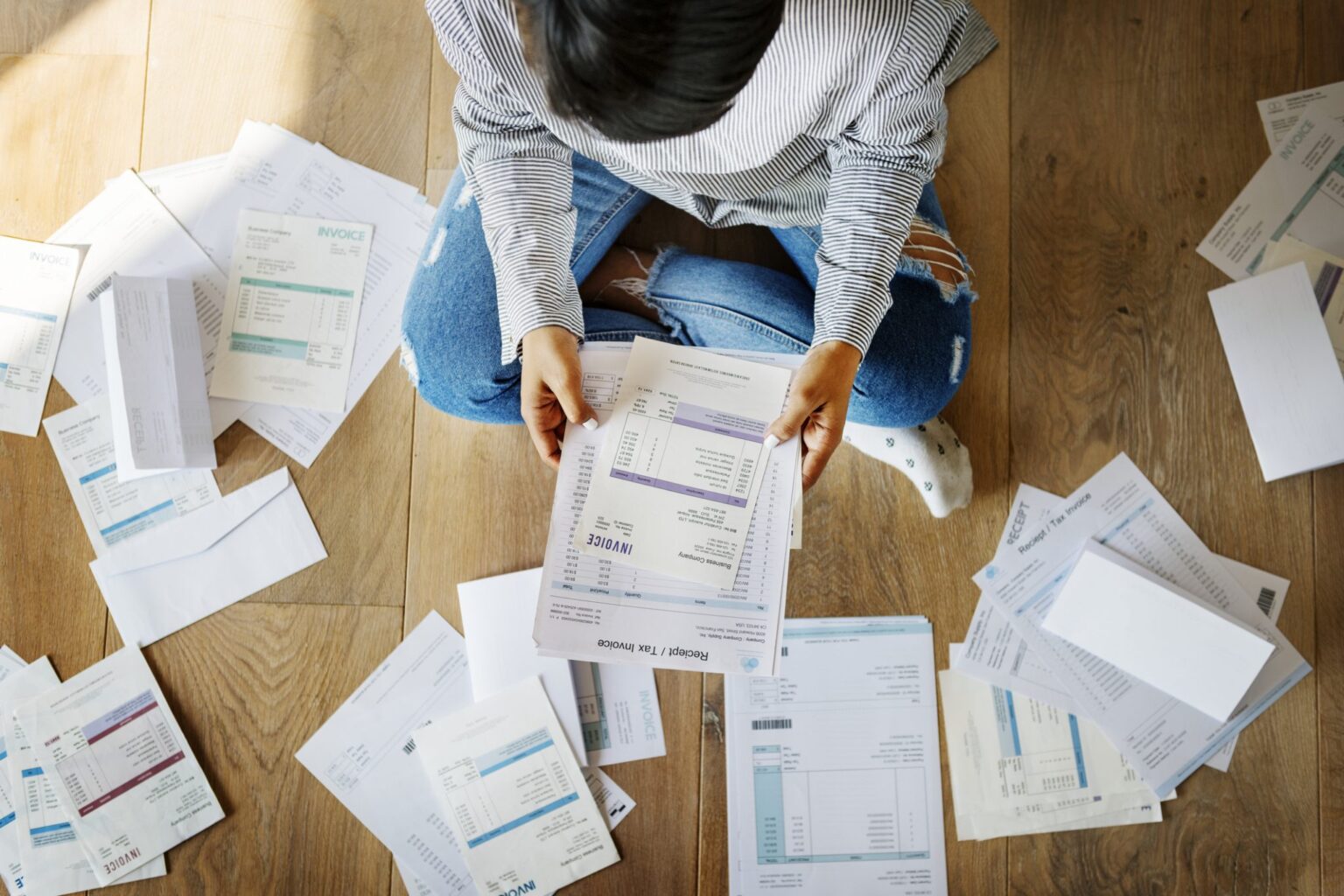In a further response to the COVID-19 outbreak in the UK, the government has banned tenant evictions. Here’s what landlords and property investors need to know now.
Every day brings new information, advice and breakthroughs surrounding the coronavirus pandemic. It is already affecting millions of people, businesses and sectors from a financial point of view. The UK government is updating its measures on a daily basis to control the effects as much as possible.
This week, Prime Minister Boris Johnson announced further steps to help the UK housing and rental market. One of the most crucial of these is a three-month mortgage payment holiday for homeowners and landlords in difficulty. Further to this, it has now banned new tenant evictions in both the social and private rented sectors.
The hope is that this will take the pressure off the millions of renting households across the country. The government also urges landlords to “show compassion” to tenants by allowing them to stay for longer.
Help for landlords
If a tenant is unable to pay rent due to the impact of coronavirus, landlords themselves could end up in difficulty. As such, the government has now extended mortgage holidays to buy-to-let mortgages. Landlords who are struggling will therefore be able to benefit from the same payment break as homeowners.
Lenders will assess each application on a case by case basis, so it is imperative landlords keep up mortgage payments until they have made an agreement with their lender. Earlier this week, Money Saving Expert founder Martin Lewis reiterated the need for borrowers to be open with their lenders.
On the latest announcement, Housing Secretary Robert Jenrick MP said:
“The government is clear. No renter who has lost income due to coronavirus will be forced out of their home, nor will any landlord face unmanageable debts.
“These are extraordinary times and renters and landlords alike are of course worried about paying their rent and mortgage. Which is why we are urgently introducing emergency legislation to protect tenants in social and private accommodation from an eviction process being started.
“These changes will protect all renters and private landlords ensuring everyone gets the support they need.”
Support within the sector
The Residential Landlords Association (RLA) and the National Landlords Association (NLA) both back the latest decision.
They believe the mortgage payment holiday option will take a lot of pressure off landlords during the crisis. This will enable them to be more flexible towards their tenants, which will be a good thing for the sector.
However, the RLA and NLA also think there should be exceptions where anti-social behaviour is an issue. They say: “This could cause misery for fellow tenants or neighbours especially when they are going to be spending a lot of time together.”
In a statement, they added: “We would like to see further measures taken including pausing the final phase of restricting mortgage interest relief to the basic rate of income tax due in April.”
“In addition we need to do all we can to prevent the spread of the coronavirus. There should be national guidelines for local authorities to suspend routine inspections of properties and a temporary halt on enforcement action where landlords are unable to fulfil certain required obligations because of the health risk posed to them, tenants and contractors.”
What about unmortgaged rental homes?
The new legislation means property investors and landlords who have buy-to-let mortgages can apply for a break. This will greatly help those whose incomes may be suffering as a result of coronavirus.
However, for landlords who do not have mortgages, the situation is quite different. Some portfolio landlords own properties outright, and rely on the rental income to make a living. This could also be the case for “accidental landlords”, for example, if they inherited a property and decided to rent it out for income.
SpareRoom director Matt Hutchinson said: “We know that the situation is complex. Many landlords are reliant on their income to survive. So simply enforcing a rent holiday could just shift the problem rather than resolve it.”
As yet, the government has not announced measures to help in cases such as these. Millions of self-employed and freelance workers, which will include many landlords, are eagerly awaiting acknowledgement and a promise of help from the government.










